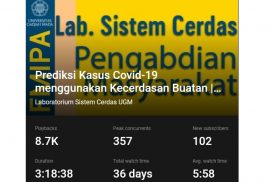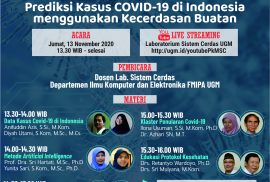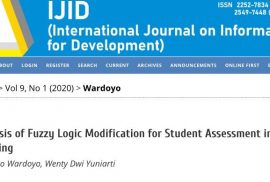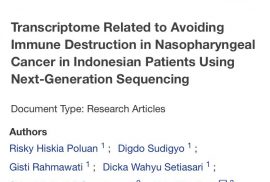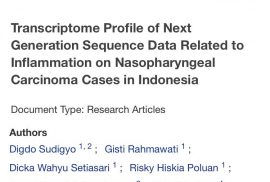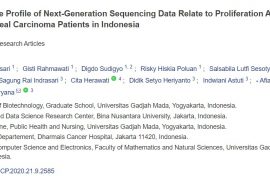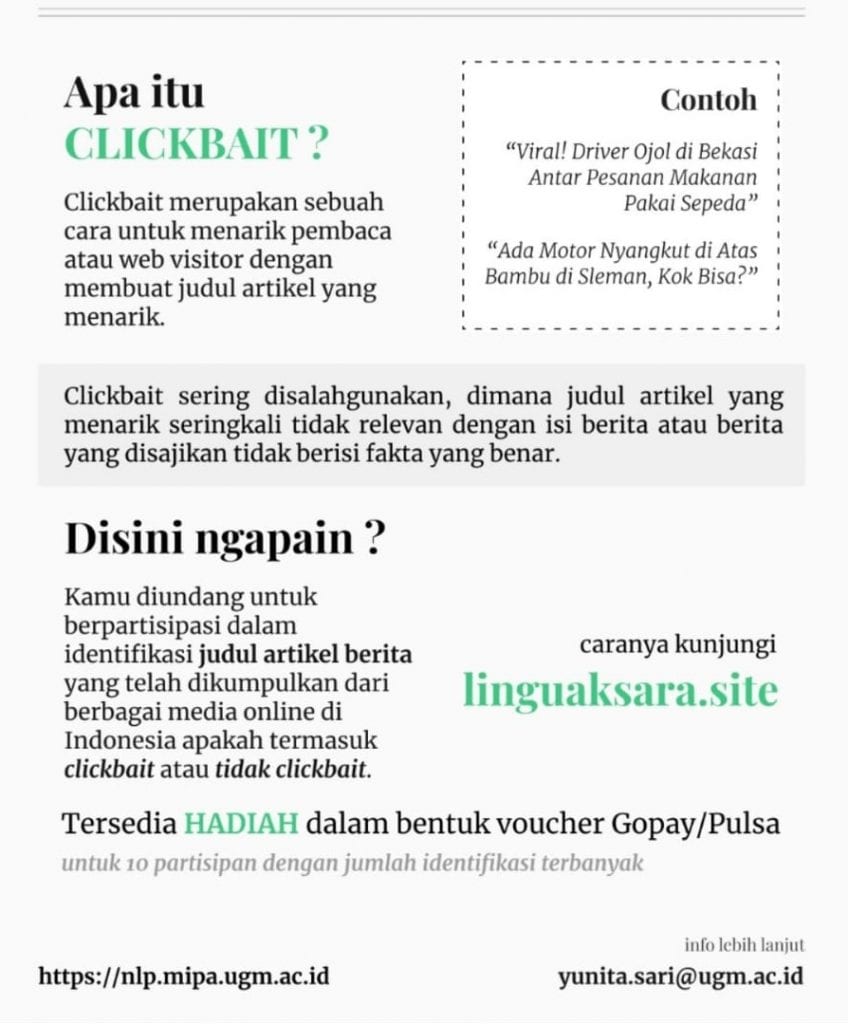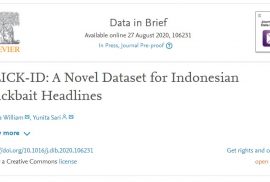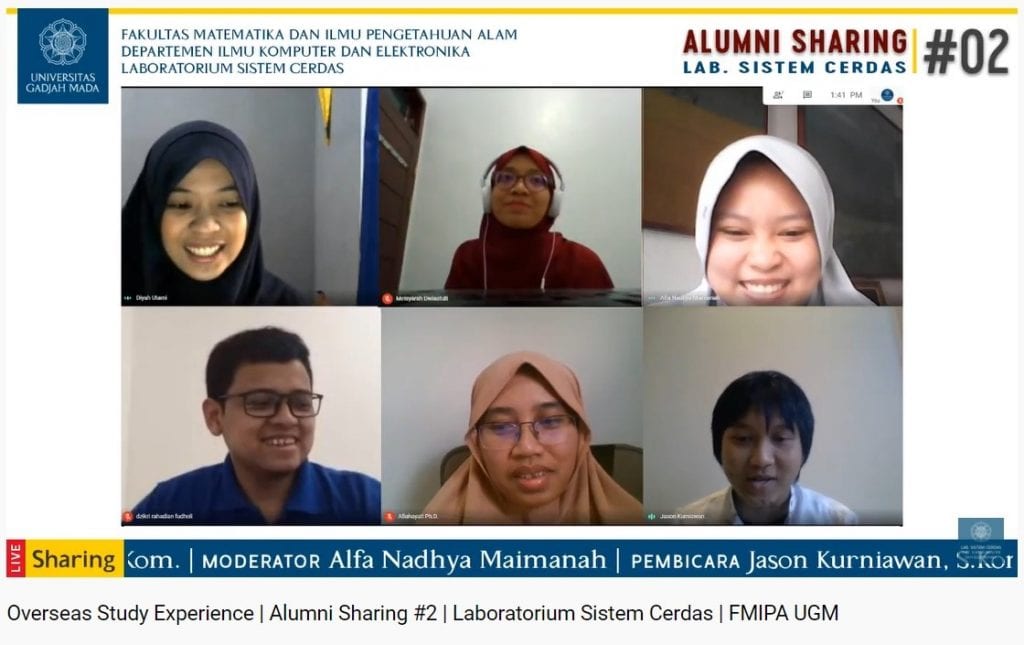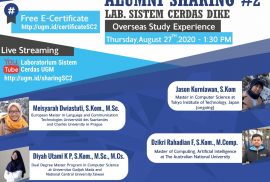Jumat, 13 November 2020 Laboratorium Sistem Cerdas DIKE UGM menyelenggarakan kegiatan pengabdian masyarakat yang dikemas dalam bentuk acara “Lab. Sistem Cerdas Online Seminar: Prediksi Kasus Covid-19 menggunakan Kecerdasan Buatan” secara Online melalui Streaming di Youtube.
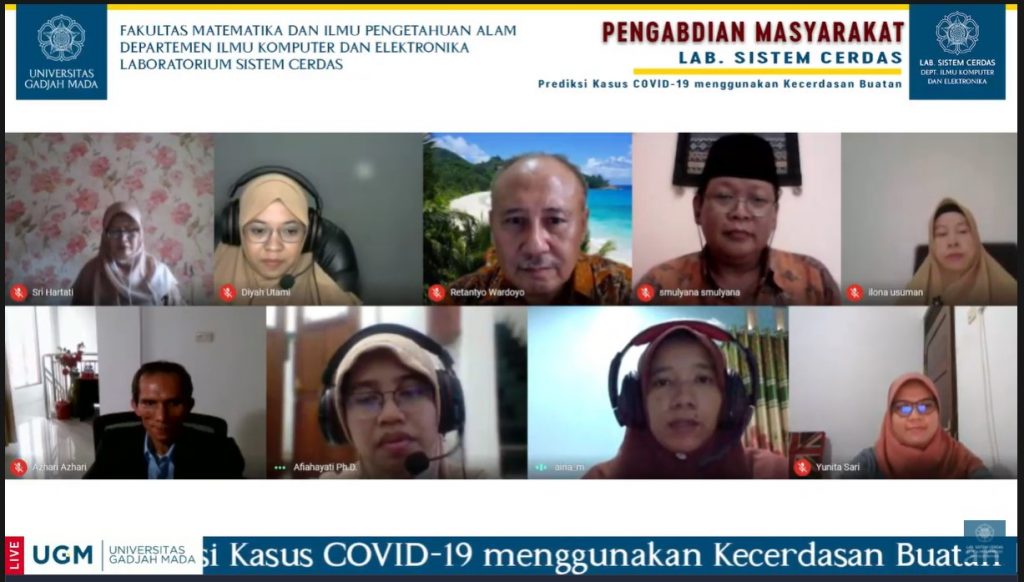
Seminar ini disampaikan oleh 10 Narasumber dari Dosen Laboratorium Sistem Cerdas Departemen Ilmu Komputer dan Elektronika, yaitu:
– Afiahayati, S.Kom., M.Cs., Ph.D.
– Prof. Dra. Sri Hartati, M.Sc., Ph.D.
– Drs. Retantyo Wardoyo, M.Sc., Ph.D.
– Dr. Azhari SN, M.T.
– Drs. Sri Mulyana, M.Kom.
– Anifuddin Azis, S.Si., M.Kom.
– Ilona Usuman, S.Si., M.Kom., Ph.D
– Aina Musdholifah, M.Kom., Ph.D.
– Yunita Sari, S.Kom., M.Sc., Ph.D.
– Diyah Utami K P, S.Kom., M.Sc., M.Cs.

